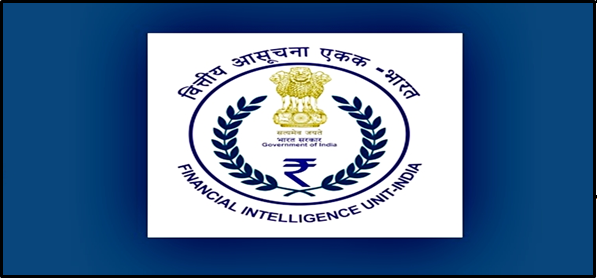Virtual Digital Assets and Prevention of Money Laundering Act
@fiuindia.gov.in
News
- Nine offshore Virtual Digital Assets Service Providers (VDA SPs) have received compliance show cause notices from the Financial Intelligence Unit India (FIU IND).
- In March 2023, the Prevention of Money Laundering Act (PML) Act, 2002 brought Virtual Digital Assets Service Providers (VDA SPs) under the purview of the Anti Money Laundering, Counter Financing of Terrorism (AML-CFT) framework.
- The Secretary of the Ministry of Electronics and Information Technology has received a letter from Director FIU IND requesting that the URLs of the aforementioned entities—which are operating illegally and in violation of the PML Act in India—be blocked.
About Virtual Digital Assets (VDAs)
- In order to tax and track virtual digital assets, the government included new provisions in the Union Budget for 2022–2023. The Budget defined virtual digital assets for the first time, along with the tax framework.
- It has defined virtual digital assets in a newly inserted clause (47A) under Section 2 of the Income Tax Act of 1961.
- VDA is defined as any code, number, or token generated through cryptography that is represented or promises to have inherent value—that is, it cannot be Indian or foreign currency.
- VDAs are defined as non-fungible tokens (NFTs), cryptocurrencies, and DeFi (decentralized finance).
- India imposed a 30% income tax on cryptocurrency gains starting in April 2022.
- Regulations pertaining to a 1% tax deducted at source on cryptocurrencies went into effect in July 2022.
About FIU-INDIA
- The primary national agency in charge of gathering, processing, evaluating, and sharing information about questionable financial transactions with law enforcement and foreign Financial Intelligence Units is the Financial Intelligence Unit – India (FIU-IND).
- It is an independent body that reports directly to the Economic Intelligence Council (EIC), which is led by the Finance Minister.
| About PMLA 2002
● It is the cornerstone of the legal system India has established to fight money laundering. ● All financial institutions, mutual funds, banks (including the RBI), insurance companies, and their financial intermediaries are subject to the provisions of this act. Money Laundering: ○ Money laundering is the process of hiding or masking the source of proceeds obtained illegally so they seem to have come from authorized sources. It frequently occurs in conjunction with other, far more serious crimes like extortion, robbery, and drug trafficking. ○ The IMF estimates that money laundering accounts for 2 to 5% of global GDP. |
Source: Newsonair
Disclaimer: All efforts have been made to represent India accurately and as per India government. However, Universal School of Administration, Bengaluru and its associated people do not own any responsibility for the correctness or authenticity of the same.
Please notify on the email: [email protected] if any inconsistency is found for the factual correctness.

 @fiuindia.gov.in
@fiuindia.gov.in

